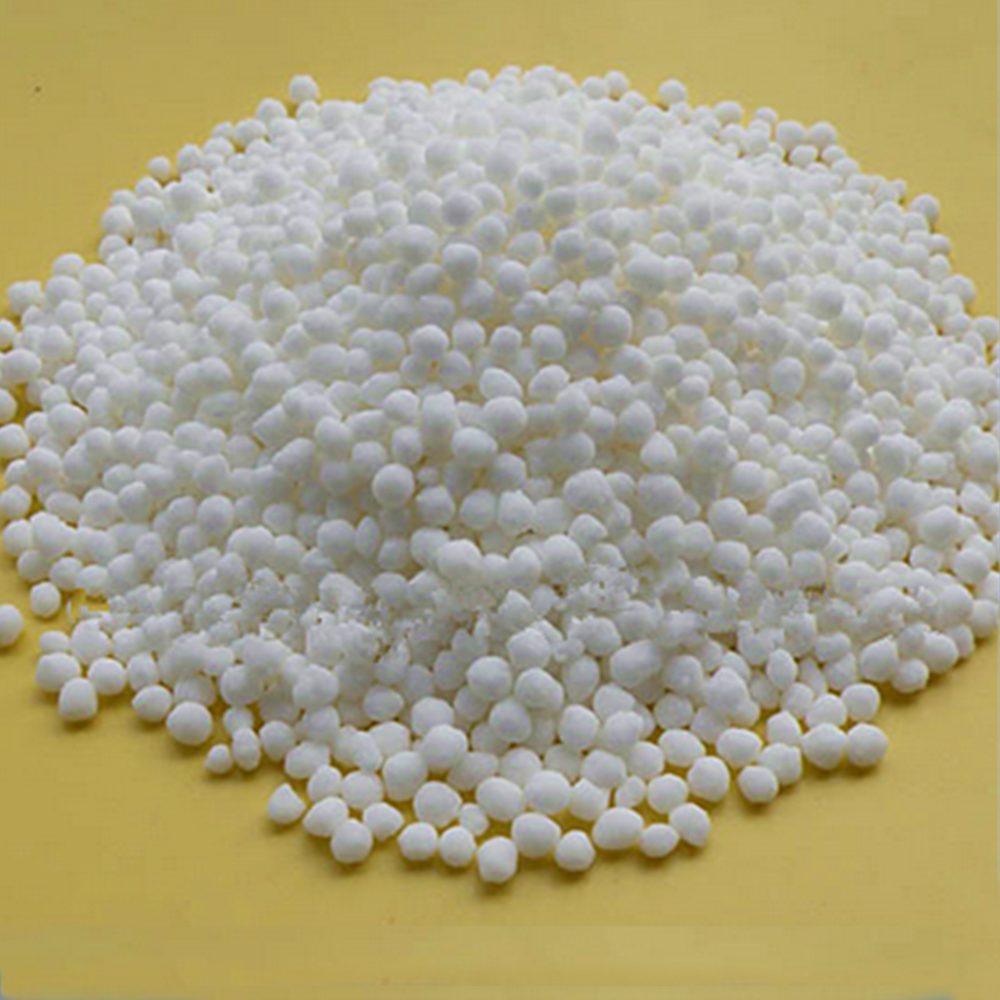



chemicals used in boiler feed water
Chemicals Used in Boiler Feed Water
Boiler systems play a crucial role in various industries, from power generation to manufacturing processes. To ensure the efficient operation of boilers, maintaining the quality of the feed water is paramount. The feed water must be treated to prevent problems like corrosion, scale formation, and carryover, which can lead to significant operational issues and increased costs. Various chemicals are employed in the treatment of boiler feed water, each serving a specific purpose to ensure the system runs smoothly and efficiently.
Water Conditioning Agents
1. Antiscalants These chemicals prevent the formation of scale deposits on the boiler tubes and heat exchangers. Scale can significantly reduce heat transfer efficiency, leading to energy wastage and increased fuel consumption. Antiscalants work by altering the crystal growth of scale-forming minerals, helping keep them in suspension so they can be removed from the system.
2. Corrosion Inhibitors To protect the metal components of the boiler from degradation due to oxidation, corrosion inhibitors are added to the feed water. These chemicals form a protective layer on the metal surfaces, preventing contact with corrosive substances. Common corrosion inhibitors include amines and phosphates, which can also help in maintaining the desired pH levels in the boiler system.
pH Control Agents
Maintaining the correct pH level in boiler feed water is essential for preventing corrosion and ensuring optimal performance. Chemical agents used for pH control include
1. Caustic Soda (Sodium Hydroxide) This strong alkaline substance is added to elevate the pH level of the feed water. Maintaining a higher pH (typically between 10 and 12) can protect against corrosion and help to dissolve any iron oxides that may be present in the system.
2. Acids In some cases, the pH may need to be lowered, particularly in systems where the water source has high alkalinity. Acids, such as sulfuric acid or hydrochloric acid, can be injected into the feed water to manage pH levels effectively.
chemicals used in boiler feed water

Oxygen Scavengers
Dissolved oxygen in boiler feed water can lead to severe corrosion issues. To combat this, oxygen scavengers are used. These chemicals react with dissolved oxygen in the water, effectively removing it and minimizing the risk of corrosion. Common oxygen scavengers include
1. Sodium Sulfite This is one of the most widely used oxygen scavengers. It reacts with oxygen to form sodium sulfate, preventing the damaging effects of corrosion.
2. Hydrazine While effective, this chemical poses significant health risks and environmental concerns. Its use is declining in favor of safer alternatives like sodium sulfite.
Foam Control Agents
In some boiler systems, foam formation can occur due to impurities in the feed water or the use of certain additives. Foam can lead to carryover, where water droplets are carried out with the steam, leading to water impurities entering the steam system. Antifoaming agents, often silicone-based, are added to prevent this issue, ensuring a stable and efficient boiler operation.
Conclusion
The treatment of boiler feed water with the appropriate chemicals is essential to maintain the efficiency, safety, and longevity of boiler systems. By using antiscalants, corrosion inhibitors, pH control agents, and oxygen scavengers, industries can mitigate potential problems and enhance the performance of their steam systems. Proper chemical management not only ensures optimal operation but also contributes to reduced downtime and maintenance costs, ultimately leading to improved overall productivity. As technology advances, the evolution of new, safer, and more effective chemicals will continue to play a pivotal role in boiler feed water treatment.
-
Why Sodium Persulfate Is Everywhere NowNewsJul.07,2025
-
Why Polyacrylamide Is in High DemandNewsJul.07,2025
-
Understanding Paint Chemicals and Their ApplicationsNewsJul.07,2025
-
Smart Use Of Mining ChemicalsNewsJul.07,2025
-
Practical Uses of Potassium MonopersulfateNewsJul.07,2025
-
Agrochemicals In Real FarmingNewsJul.07,2025
-
Sodium Chlorite Hot UsesNewsJul.01,2025










